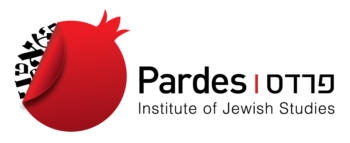Commentary on Parashat Ki Teitzei, Deuteronomy 21:10 - 25:19
Questions
1. When Israel defeated an enemy, and a man saw a woman captive he wanted to take, what was he to do?
2. If a man committed a sin for which he was put to death by hanging, what was the procedure for dealing with his body and why?
3. If one saw a bird’s nest with eggs or young in it, was it permissible to take them for food? What was the procedure in this kind of situation?
4. If a man was found lying with a married woman, what was the penalty?
5. Israel is told not to hate an Edomite. Why is that?
6. The parashah states that neither an Ammonite nor a Moabite could ever be allowed to enter an assembly of God. Why was that?
7. No man was to take the mill or the upper millstone as a pledge from a debtor. Why?
8. We are told not to oppress a hired servant whether he was a brother or a stranger. What is the oppression as described in this parashah?
9. If a wicked man was to receive a judgment that required a beating, what was the maximum number of lashes he could receive and why?
10. If a man’s brother died and he as yet had no children, what was required of the living brother and what was that called?
Answers
1. He was to take her to be his wife. First, he would take her to his home where she would shave her head and cut her nails. She would remove the clothes of her captivity and mourn the loss of her parents for a full month. Then the man could marry her. (21:10-14)
2. His body must not remain all night upon the tree, but he must be buried the same day as he was hanged. His body is an offense to God, and leaving the body unburied would be a defilement. (21:23)
3. The eggs or young birds could be taken, but only after the mother bird was scared off. (22:6)
4. They were both to be killed. (22:22)
5. Because Edom is a brother to the children of Israel. Esau was the father of the Edomites. (23:8)
6. When the Israelites passed by their territories on the way from Egypt, the Ammonites and Moabites refused them any bread or water; also they hired Balaam to put a curse on Israel. (23:5)
7. This would deny the debtor the opportunity to make a living. (24:6)
8. The oppression would be to fail to pay him his entire wages before the sun set. (24:15)
9. The maximum number of lashes was 40. If he received more than 40 lashes, it would dishonor him before your eyes. (25:3)
10. The living brother must marry the brother’s widow so that his family line would not become extinct. This is called a levirate marriage. (25:5)
Provided by the Pardes Institute of Jewish Studies.

Torah
Pronunced: TORE-uh, Origin: Hebrew, the Five Books of Moses.


